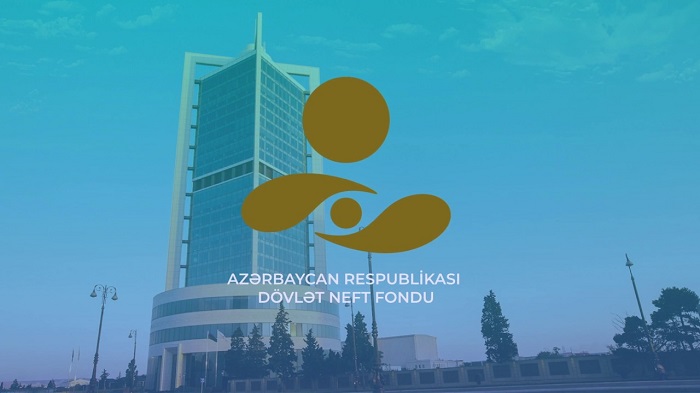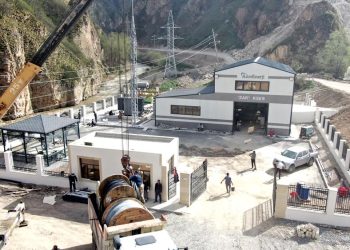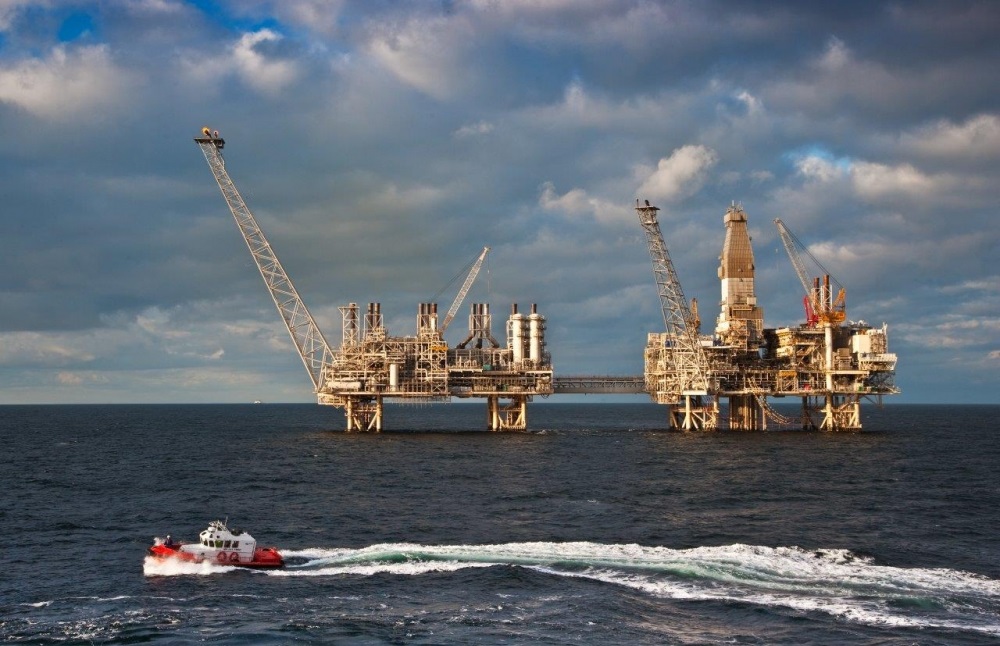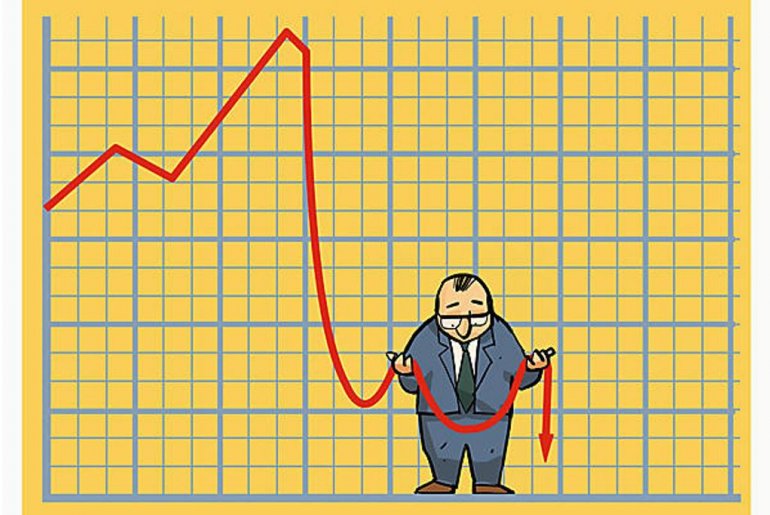Russian President Vladimir Putin said on Monday at an energy conference in Istanbul that Russia is willing to join OPEC in an oil production cut.
 The announcement quickly influenced oil markets, with global benchmark Brent rallying, hitting a one year high, rising $1.21, or 2.3%, to $53.14 a barrel on ICE Futures Europe.
The announcement quickly influenced oil markets, with global benchmark Brent rallying, hitting a one year high, rising $1.21, or 2.3%, to $53.14 a barrel on ICE Futures Europe.
U.S.-benchmark West Texas Intermediate (WTI) crude for November delivery ended the session up $1.54, or 3.1%, at $51.35 a barrel on the New York Mercantile Exchange (NYMEX). It was the highest closing price since July 2015.
Putin said that “Russia stands ready to join common efforts to limit production” and believes that freezing or reducing production is “the only way to save the stability of the energy sector.”
The Russian president said that oil prices have more than halved in two years due to surplus production, which in turn has had a downward influence on industry investment.
“Of course, this will also cool down speculative activities and help avoid new price fluctuations,” he said.
However, the rally, like previous rallies based on disclosures instead of changes in substantive market fundamentals, won’t last, while more market volatility is ahead for global oil markets.
Saudi Arabia’s energy minister, Khalid al-Falih, on cue, put an overly optimistic spin on Putin’s remarks, stating that he’s optimistic that major oil producers will agree to cut production by November and that it isn’t “unthinkable” that oil prices could rise to $60 a barrel.
However, even if a deal to trim output is put in place, it would do little to draw down record high oil inventories, particularly since a cut or freeze would come as Russia reaches post-Soviet high production levels of 11 million barrels per day (bpd), while Saudi Arabia reached new output highs in July.
Moreover, the deal doesn’t factor in U.S. shale oil production, which is projected to increase by as much as 700,000 bpd by the end of 2017,according to Goldman Sachs.
“The market is thinking perhaps Russia is now inclined to support the OPEC agreement because the Russian economy is under stress at these low prices,” said Andy Lipow, president of Lipow Oil Associates in Houston.
“I think we’re going to see the market react to a number of potentially competing headlines” in the coming weeks, he said.
Two weeks ago, a group of 13 influential investment banks stated in a survey, just after OPEC’s September 28 announcement, that Brent will average just $56 a barrel next year, down by more than a dollar from the previous month’s survey. The group of banks also expects WTI to average $54 a barrel next year, also down a dollar from the previous survey.
Forbes











